| "[Francis Rose] is a man who causes such extraordinary violence around him. His life story is a long succession of suicides, killings, fatal accidents. In his wake he brings chaos.” Cecil Beaton “If I were to live again in the same circumstances I would not change one minute of the poetry—incomprehensible as it is—of my living.” Sir Francis Rose |
After Stein, Francis Rose’s most important connection was with his frenemy Cecil Beaton. Yet, it is a mistake to define him based upon those two associations. He lived extravagantly and audaciously. Both Stein and Beaton seem bourgeois by comparison. Rose threw caution (and his inherited fortune) to the wind. His life story, Saying Life, The Memoirs of Sir Francis Rose, is a remarkable albeit fanciful book. Uncommon, the only task more challenging than locating a copy is successfully fact-checking it.
While in his teens, Francis met Jean Cocteau during a stay in Villefranche. Cocteau took an interest in him, encouraging not only his art but also his sexual awakening. Cocteau allegedly brought twenty-one rowdy sailors to the Hotel Wellcome to revel with Francis on his twenty-first birthday, but it was possibly only sixteen on his sixteenth birthday. Accounts vary. Either way, it involved a lot of seamen. In adulthood, Sir Francis remained in France, and one of his early lovers was the English expatriate-artist Christopher Wood.
By the end of World War II, Francis Rose was nearly penniless. His final three decades were characterized by more folly, but he no longer had the necessary funds to bankroll it. Friends like Cecil Beaton helped out until finally fatigued by his constant drama. This memoir, published in 1961, was not the financial success he desperately needed. However, it is one of the strangest memoirs published in the 20th Century. It stands out not for its accuracy but for its originality.
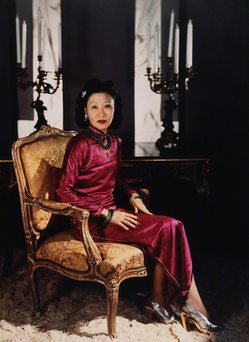 Madame V.K. Wellington Koo
Madame V.K. Wellington Koo Even though there are factual issues with Saying Life, Sir Francis's characterizations of those in his circle are mostly accurate (and rather marvelous).
CECIL BEATON. “He is not a man who desires glamour, and he uses taste, fashion, and décor in a fascinating way, manipulating them as a stockbroker does stocks and shares.”
DAISY FELLOWES. “The beautiful Madame de Pompadour of the period was Daisy Fellowes, dangerous as an albatross; this Circe of art, fashion, and literature must be considered to be much more than just the best dressed woman in the world . . . for she is to me the Danäe of my period, being showered with gold.”
MADAME V.K. WELLINGTON KOO. “When she entered the room I realized at once that she was to be for all of my life, the most beautiful woman I had ever seen. She was a radiance; it was as though all the magic of grace and divinity were mixed in perfection. She seemed younger than I could ever be. Her tiny feet and long, small hands moved with a rhythm which only a great dancer could interpret, but which were just her ordinary gestures. Her beauty was so great that one could give her no nationality as she shone like the sun.”
CHRISTIAN DIOR. “Christian’s kindness was generally abused by his friends, and whenever there was a chore or something tedious to be done his help was called for. He was not a weak man or in any way defenceless with his tongue, and yet I have never heard him say an evil word about anyone. I think he had the real Christian love for humanity, which is a gift rarely given by God.”
THE MARCHESA CASATI. “Of all the women of the early twentieth century, Madame di Casati must have been the most fantastic. This Italian woman with huge eyes, which she hid under a veil because her eyeballs were as red as her flaming hair, was as beautiful as a black panther and just as terrible." Once, aboard an ocean liner, "the Marchesa lost her pet boa constrictor, much to the consternation of the emigrant steerage passengers, who feared that their children might be acceptable food for the large snake."
| VICOMTESSE MARIE LAURE NOAILLES. “She was a woman of intelligence who controlled a form of calculated folly with the talent of an artist.” She resembled “something between a duchess painted by Goya and an old black horse by Stubbs.” SIR OSWALD MOSLEY. “Mosley became a plagiarist and a romantic rather than a creator of a new era. His failure inhibited him and made him a rabble-rouser rather than the leader and head of state, which it had been his ambition to become. I think it was perhaps his good manners, breeding, and taste that were his undoing in the material, twentieth-century world. He belongs more to the reign of Elizabeth I than to that of Elizabeth II.” |
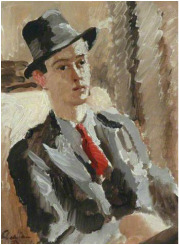 Naps Alington
Naps Alington ARTURO LOPEZ-WILLSHAW. “Arturo Lopez was born a man of talent and could have been a creative artist in some way or another had not enormous wealth turned him into an imaginary fairy prince. He had always desired to live in the world of Sleeping Beauty. To him, with perfect taste and refinement, the period of Louis XVI was this world, and through money he has tried to build it in the twentieth century.”
ELSA MAXWELL. "Elsa Maxwell [was] a woman I had always admired and liked because of her tough beauty and personal ugliness ..."
ISADORA DUNCAN. "I painted her in a studio that I had rented in the port of Villefranche. For this portrait she wore a large red shawl with a very long fringe that was later to be in the instrument of her death. When I showed her the finished picture, in which I was experimenting with a form of cubism, she cried out: 'But, Francis, you have cut my throat.' By a strange coincidence, it was the large fringe of the shawl that became entangled in the spokes of the wheel of the low sports car that had just been given to her, and [garroted] her outside the Henri Plage."
ON THE FOLLY OF COMMUNISM
“Whether there is Socialism, Communism, or Fascism, there will always be positions to be obtained, one above the other like rungs of a ladder.”
LAMENTING MEDIOCRITY
“It is much easier to turn brilliant progressive ideas into chaos than dull and solid ones.”
ON MORALITY
“I am not interested in people’s morals, as long as they do not become a nuisance.” [His did.]
JUST SAY, “MAYBE”
“Is opium smoking a vice? The answer is ‘yes and no’. Taken in any other form than smoking it is a very dangerous and pernicious vice. Good opium, properly smoked, can be no more harmful than smoking cigarettes, and easier to cure if properly handled by a Chinese doctor.”
ON CLASS PRIVILEGE
"Opium smoking is a habit for wealthy and leisure classes only. It demands time to prepare and the hours for smoking are as precise as any clock.”
ART INTERPRETING LIFE
“In my painter’s mind there is a spotlight which focuses on pictures in my memory; they link life with colour and with form.”
ON THE 20TH CENTURY
“Today, in 1960, the clever old-fashioned men of the nineteenth century are playing the last cards of the farce and comedy of errors that they had brought about. They were unable to bring a laugh from their audience even with Hitler as their star.”
CECIL BEATON DIARIES
“I never liked him. From the first meeting I found him revolting. He is not a nice character. He does have a certain genius and a flair for beauty in its most rare forms. But I don’t know how it is that he has become for forty years my great cross.”
Cecil Beaton
Francis Rose makes frequent appearances in various volumes of Beaton’s Diaries and piteously so in The Unexpurgated Beaton: The Cecil Beaton Diaries as He Wrote Them, 1970-1980. In that book, a near-destitute Rose begs Beaton for money and shelter, threatening to kill himself. Beaton has lost all patience with his former friend by this point and is desperate for him to go away. Ultimately, Beaton survived Sir Francis by only one year.
PARISIAN LIVES BY SAMUEL M. STEWARD
Samuel Steward became acquainted with Francis Rose through their mutual patron Gertrude Stein. Using conversations and experiences with Sir Francis as well as correspondence with Alice B. Toklas for material, Steward wrote a novel recounting the erotic adventures of Sir Arthur Lily, a.k.a. Sir Francis Rose. A copy of Parisian Lives is available here.
Steward theorizes that Sir Arthur (Francis) required intense drama in his life in order to paint, so he engaged in increasingly destructive romantic entanglements. In one, Sir Arthur weakens the emotional stability of a British sailor until finally the sailor commits suicide. Then Sir Arthur becomes the victim, paying a sadistic ex-convict to beat him mercilessly. He deviously ends the relationship by arranging for the gendarmes to witness one of the beatings and arrest his lover for assault and battery.
The most shocking relationship is the last. Sir Arthur initiates a liaison with an innocent Spanish boy whom he passes off as his servant. Within weeks, the boy has been hopelessly corrupted by Sir Arthur and lands in jail. In search of his papers, Sir Arthur discovers the youth is his long lost son. It disturbs him not for moral reasons, but because he realizes that socially it is beyond the pale. A version of this event actually occurred, but whether they were blood relations as Sir Francis claimed is uncertain.
SECRET HISTORIAN: THE LIFE AND TIMES OF SAMUEL STEWARD BY JUSTIN SPRING
Sir Francis is introduced in this biography of Samuel Steward at weekend house party hosted by Gertrude Stein and Alice B. Toklas’s in which Cecil Beaton was also in attendance. The snobbish Beaton has little to do with Steward, a rough-hewn sexual adventurer. Steward and Francis Rose strike up a friendship, however, and meet periodically when Steward visited Europe from America. The biographer confirms that much of what Steward writes about the Francis Rose character as fiction in Parisian Lives was actually fact. Conversely, however, he concludes that portions of Saying Life, Francis Rose’s memoir, are fiction.
LUCIFER RISING
Sir Francis Rose was typecast in Kenneth Anger’s cult film Lucifer Rising. He portrayed Chaos (of course!).

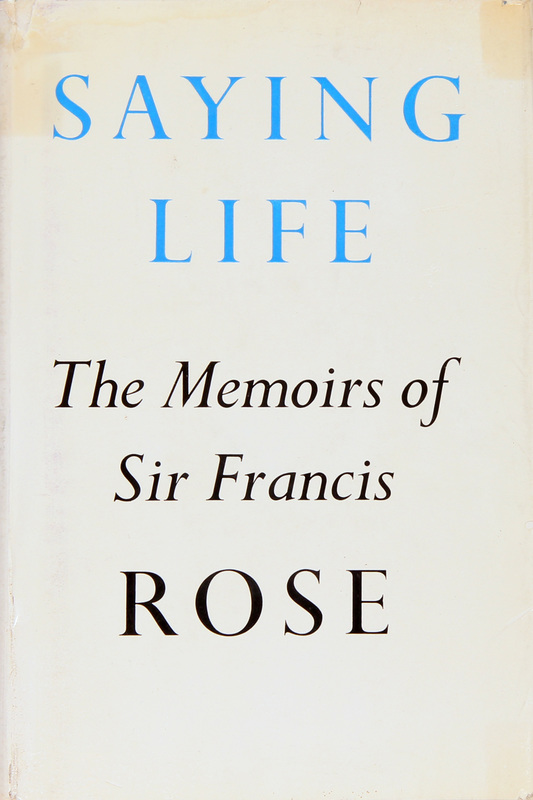
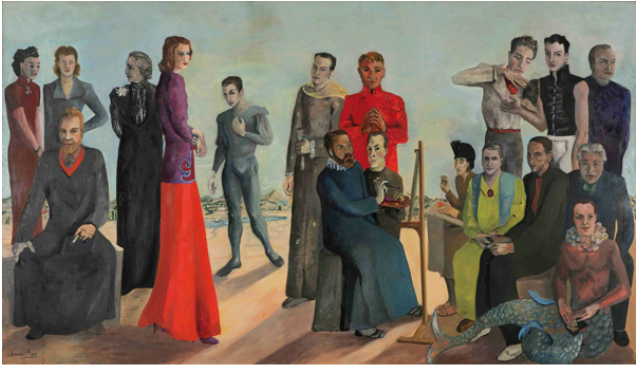
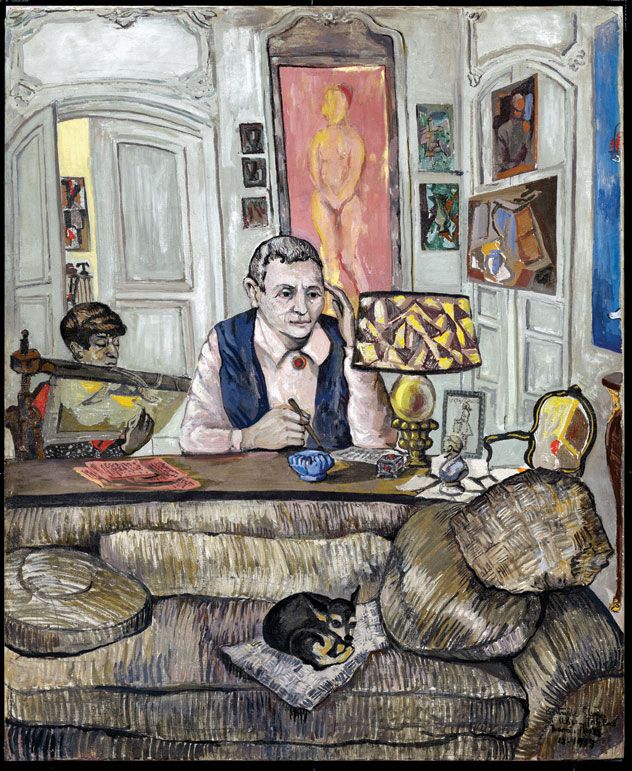
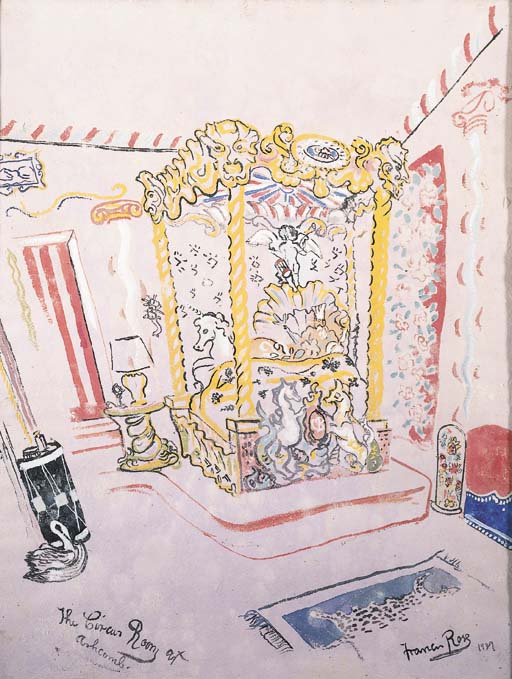
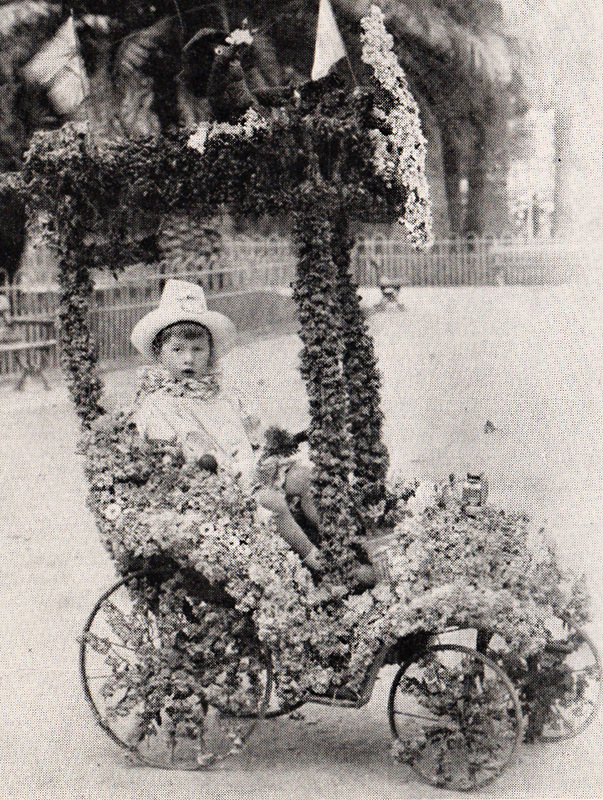
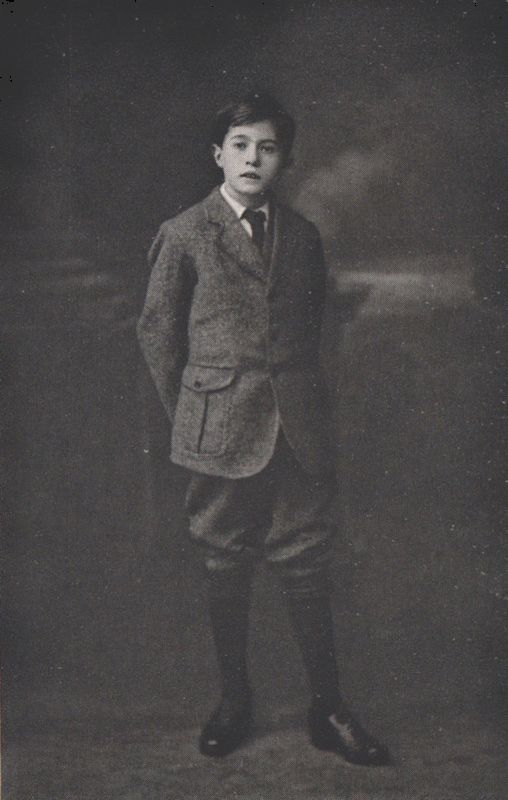
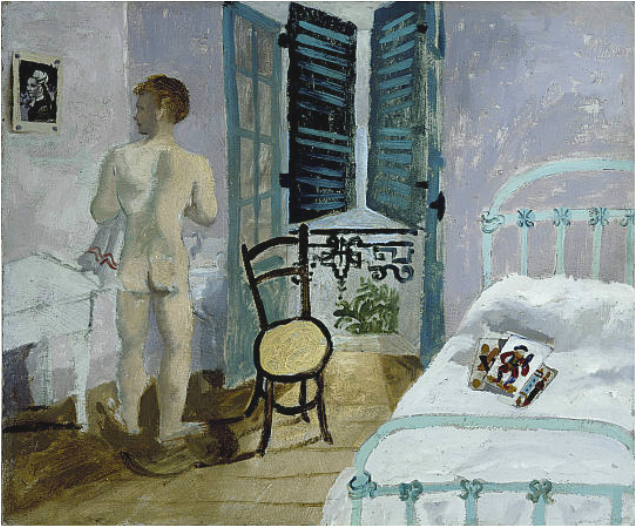
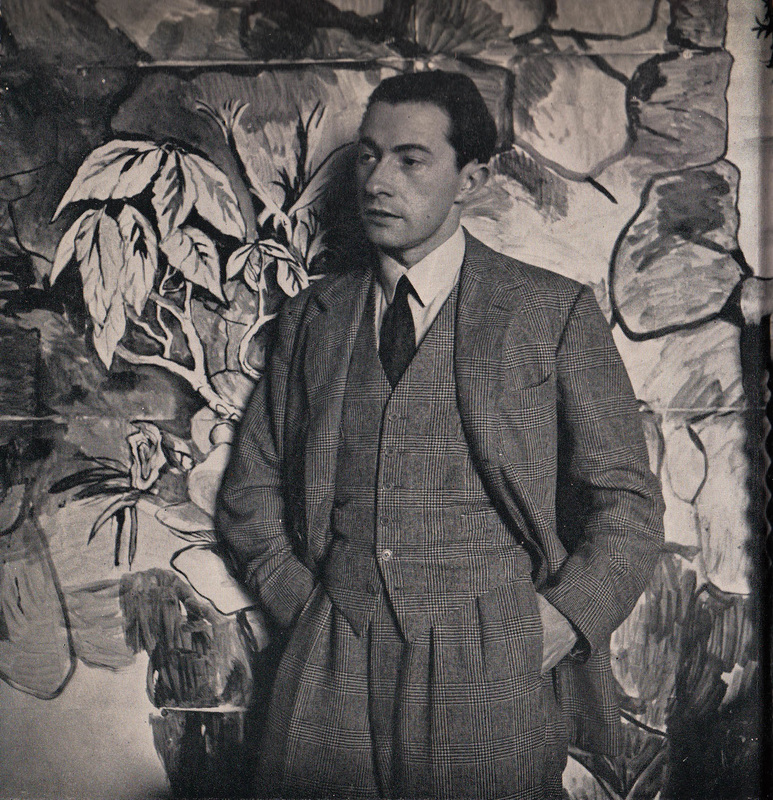
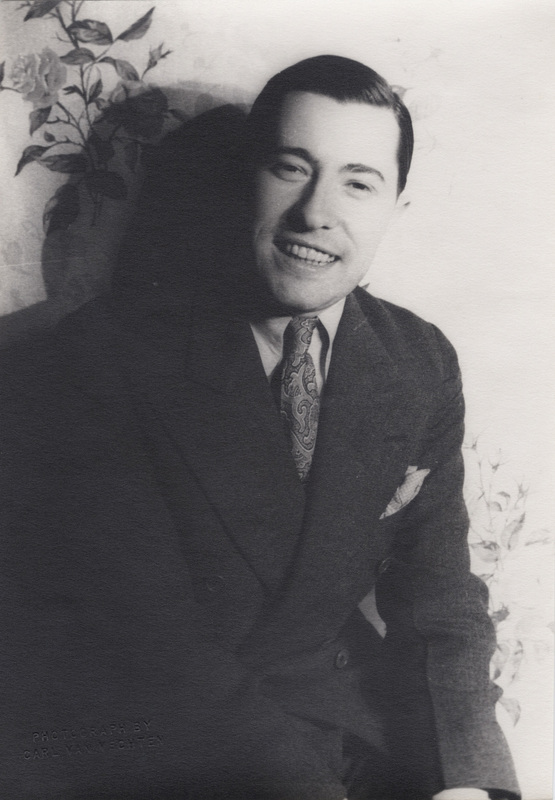
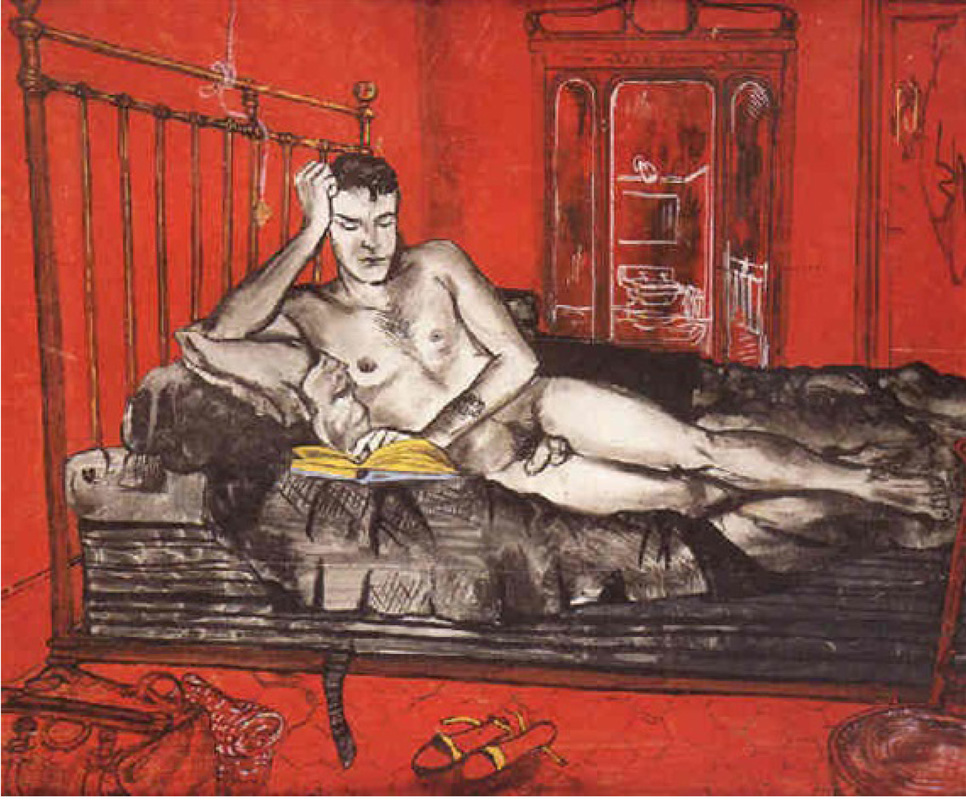
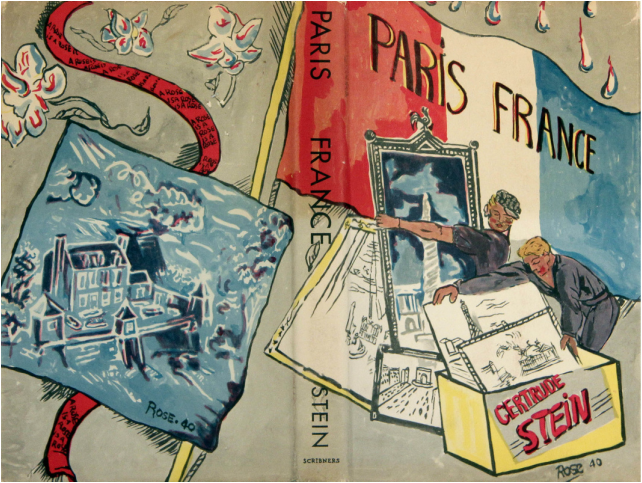
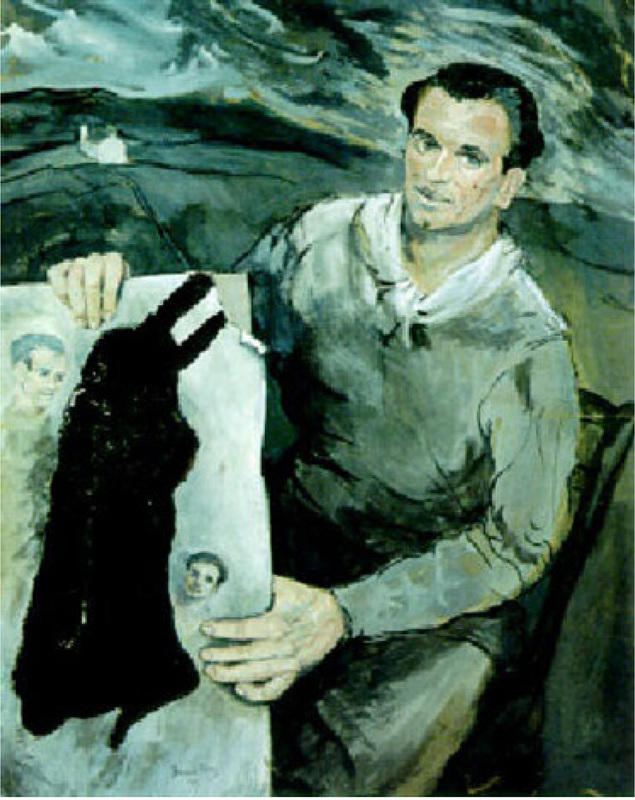
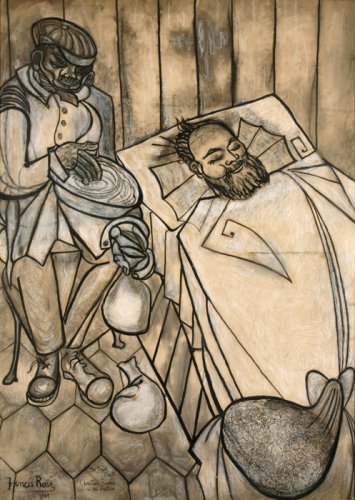
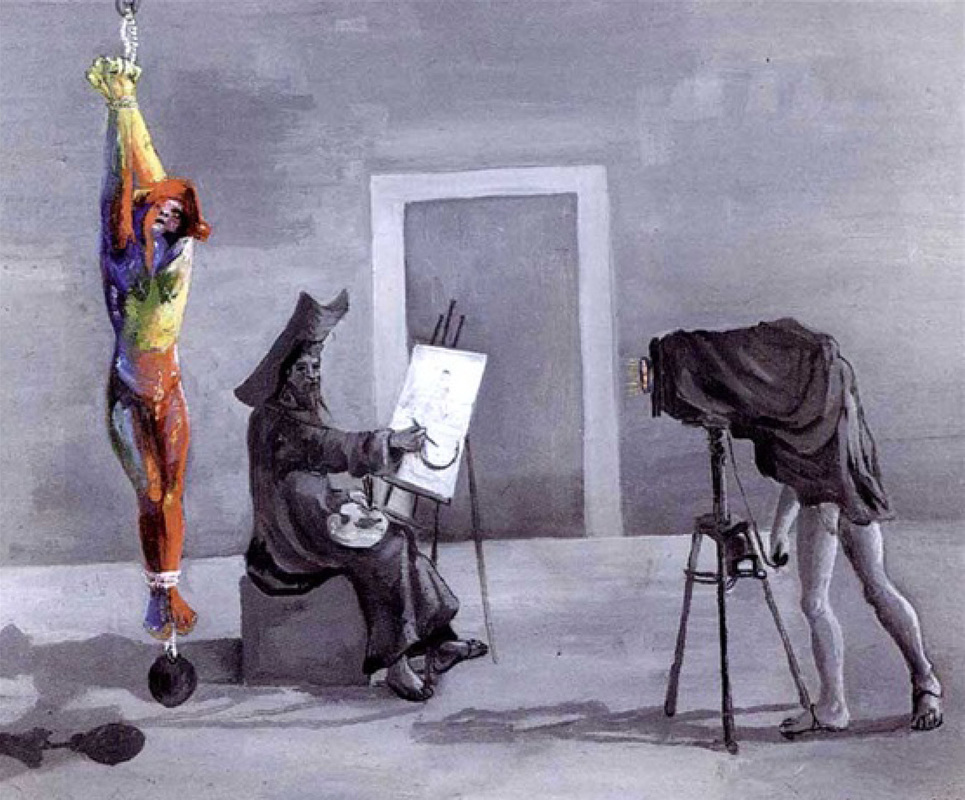
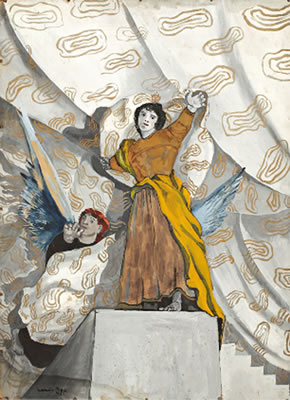
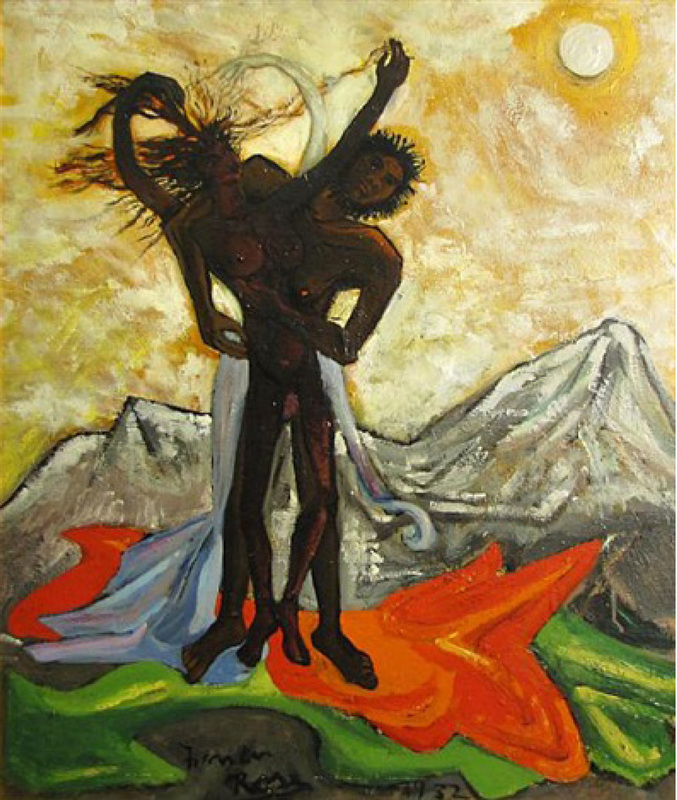
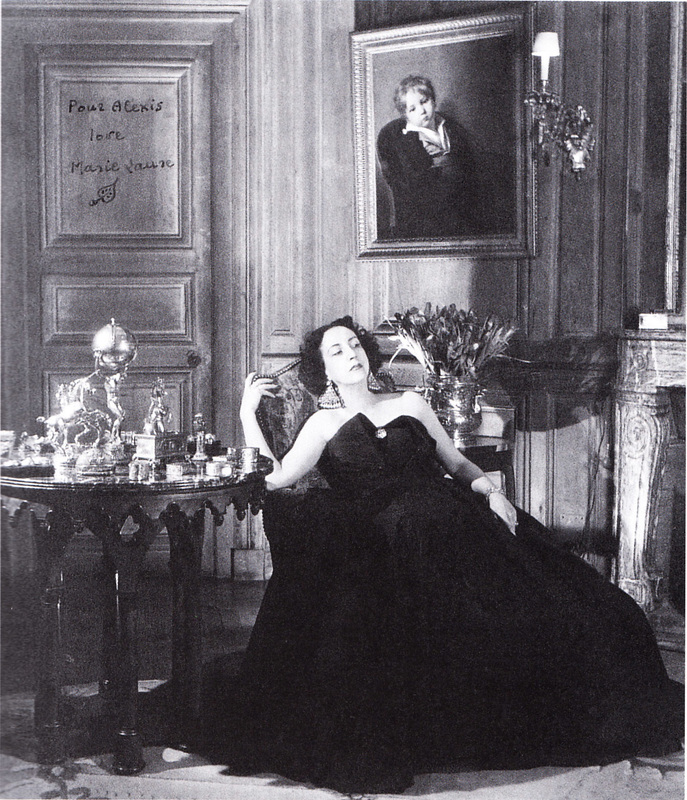
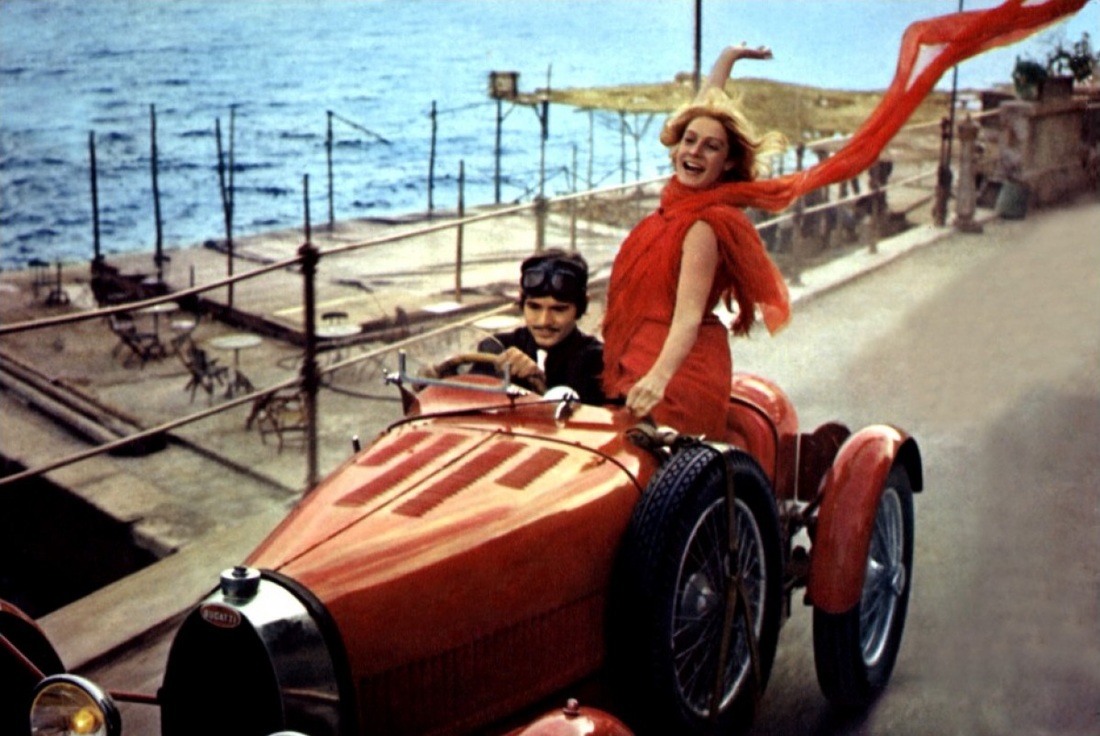
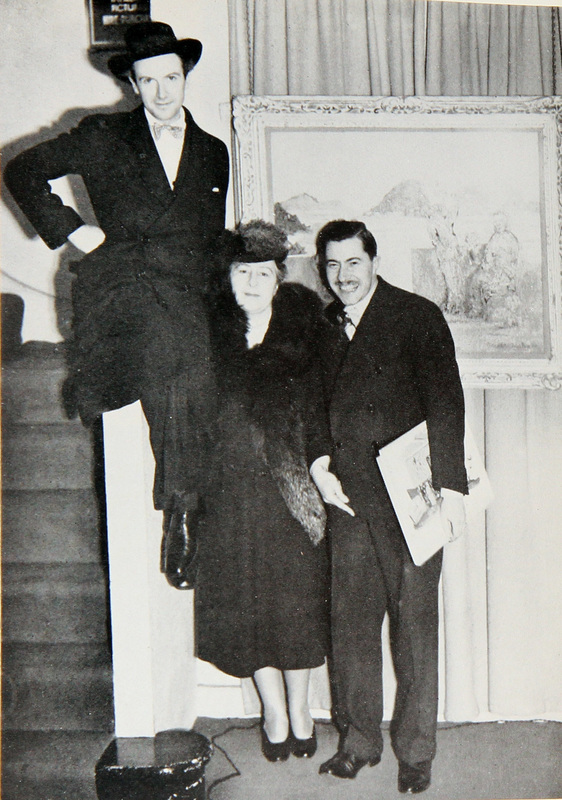
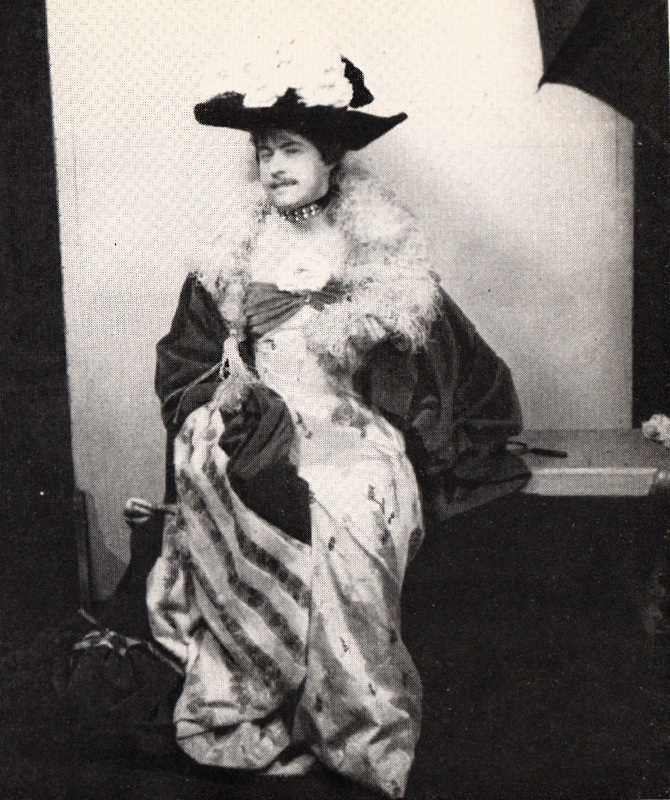
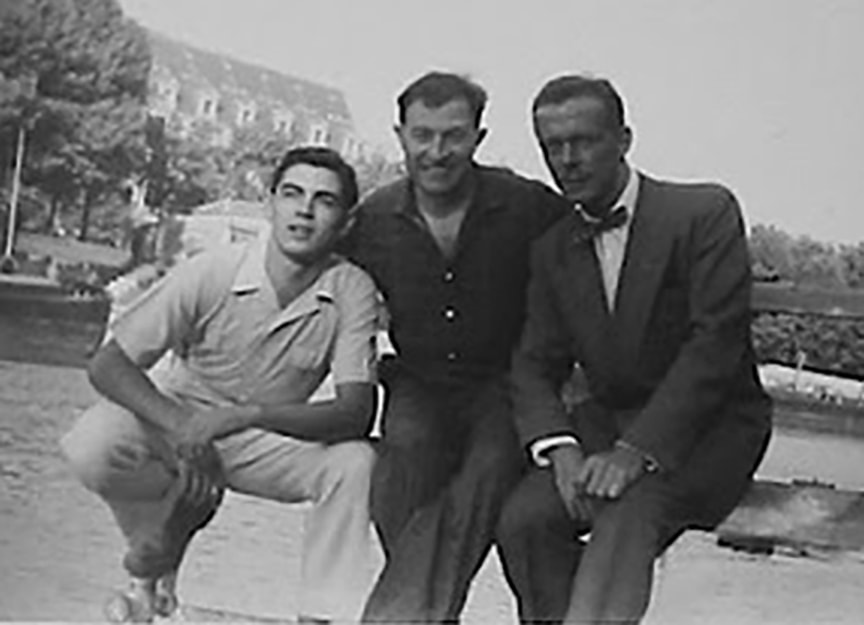
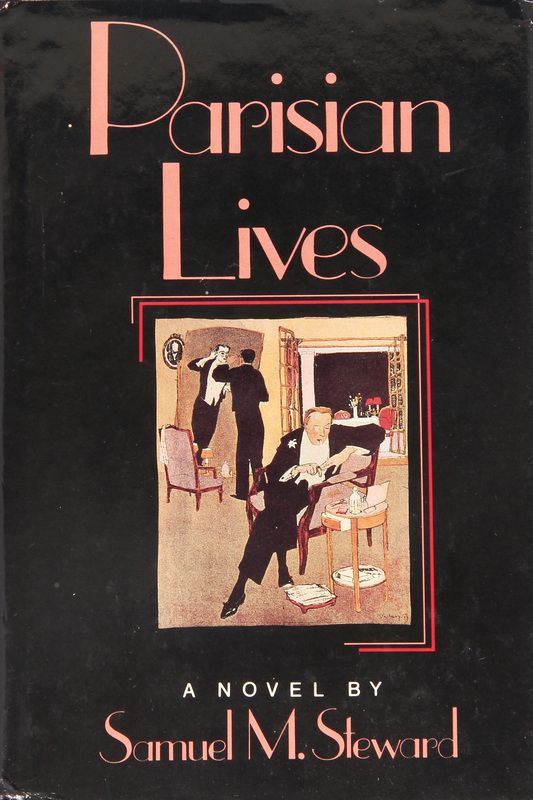
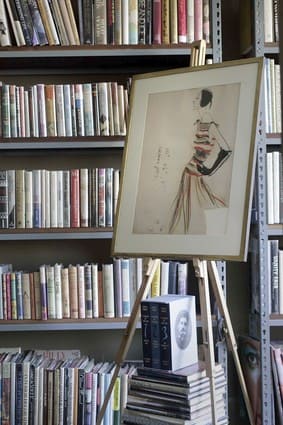
 RSS Feed
RSS Feed